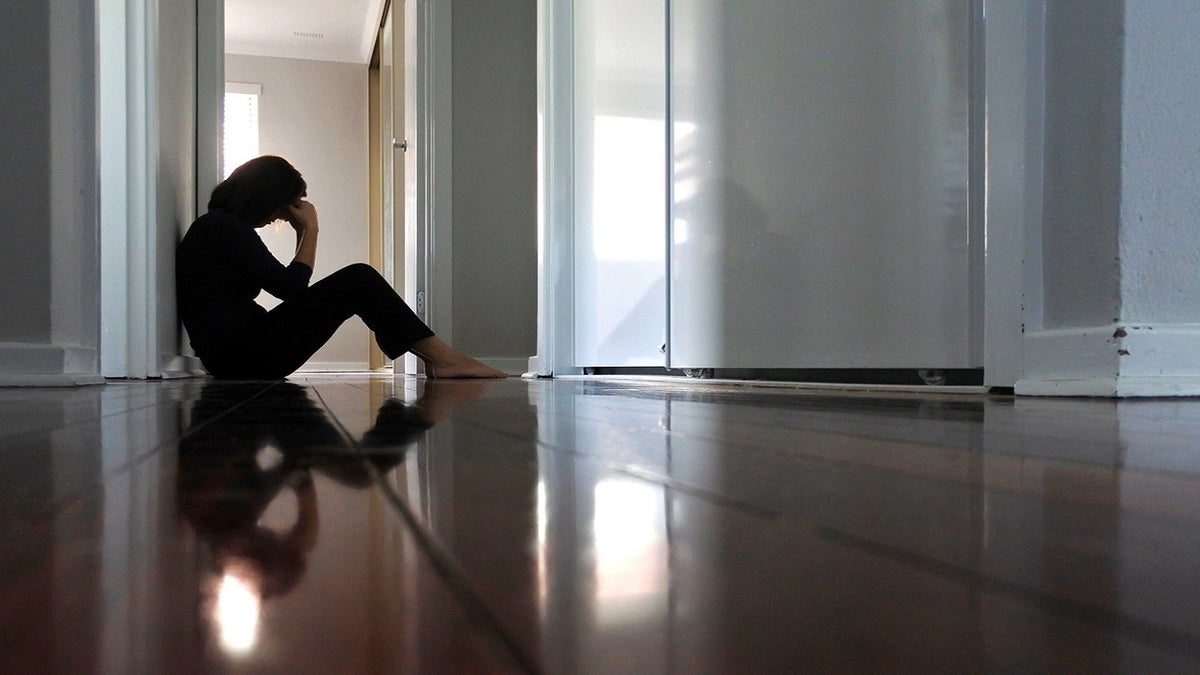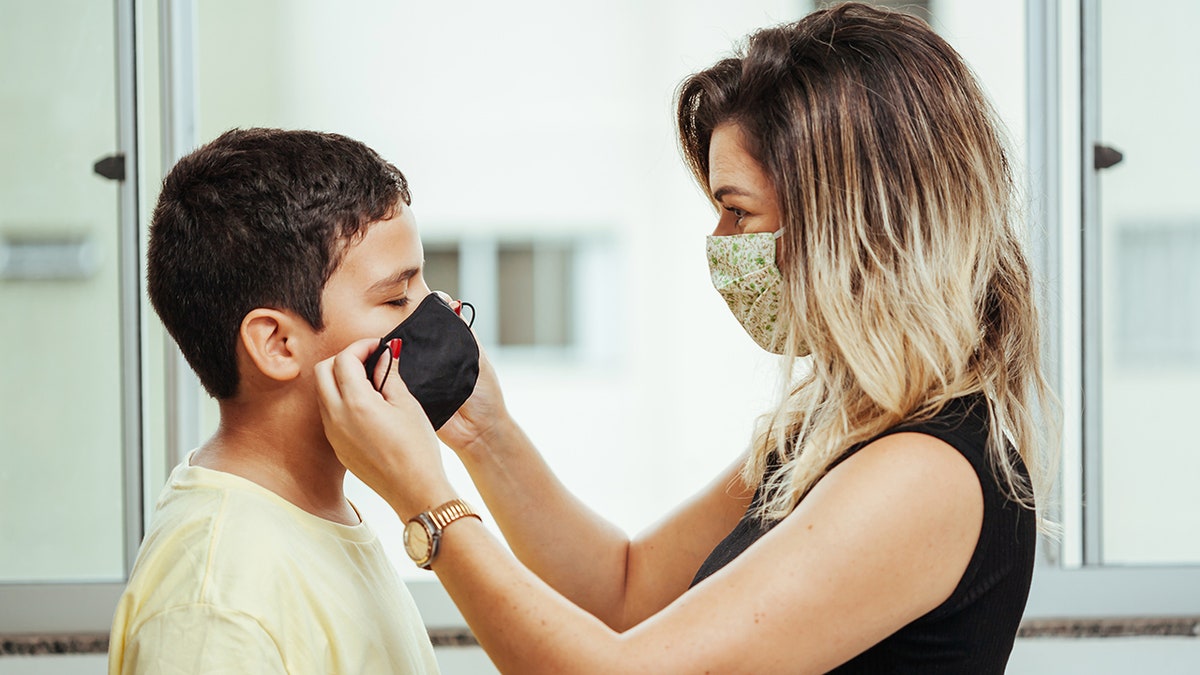Dr. Makary: COVID virus 'behaving less dangerous' than traditional flu
Fox News medical contributor Dr. Marty Makary says that a new report reveals that vaccinated immunity as well as natural immunity has reduced the mortality by about 90% and that omicron is now considered less virulent intrinsically than certain flu strains.
It’s been two years since the historic COVID-19 lockdowns — and as people reflect on what occurred in the spring of 2020, many are experiencing anew the feelings of stress, anxiety and other emotions that they felt back then.
Itai Danovitch, M.D., chair of the Cedars Sinai Department of Psychiatry and Behavioral Neurosciences in Los Angeles, told Fox News Digital in an interview that it’s important for people to understand they’re not alone as these reactions resurface on the two-year anniversary.
COVID LONELINESS CRISIS — HERE'S HOW YOU CAN FIGHT THIS PANDEMIC SIDE EFFECT
"You are not alone," he said. "Everybody has their own experience, but we've had a shared or common experience in terms of dealing with this really profound threat and all the uncertainty around it."
The psychiatry specialist said it’s important for people to develop resilience in approaching these post-traumatic responses.
CDC ‘COVID-19 BY COUNTY’ TOOL HELPS YOU LOOK UP GUIDELINES BY LOCAL AREAS
Self-care practices such as getting adequate sleep, eating well, exercising regularly, spending time outdoors and connecting with nature and with people who mean the most to us are all smart moves.

The WHO reports that anxiety and depression increased by 25% in the first year of the pandemic. (iStock)
Danovitch added that establishing a sense of purpose and meaning by finding ways to be of service in one's community can help people clear a cloudy mind.
Though these approaches are general suggestions, Dr. Danovitch emphasized that responses to trauma are highly personal.
"There's no singular normal," he said. "Some people externalize a lot and other people internalize," he added, "and there are just so many different ways and manifestations in terms of how we handle things that are traumatic … [I want] to bring a sense of patience and compassion to the incredible wide range [of] ways that people experience trauma."
"Some people externalize a lot and other people internalize … [There is an] incredible wide range [of] ways that people experience trauma."
To cope with various levels of emotion and trauma, Dr. Danovitch suggested people first acknowledge that it’s OK to be stressed or anxious. He also shared the reminder that the pandemic era has been a worrisome period of uncertainty — and that the best way to address worry is to address the cause.
"When there are uncertain threats around us, or risks, we get worried," he said.

Mother and son are shown wearing protective masks during the COVID-19 pandemic. Dr. Danovitch recommended relaxation exercises and more to help address persistent anxiety. (iStock, File)
"The best way to deal with the worry … is directly. Sometimes when we reflect on how we feel, and we acknowledge it, the intensity, the emotions around it, diminish their hold over us."
"Once you reflect on what's making you anxious or concerned, you can start to evaluate the source of concern," he continued. "And with that information … you can take appropriate action."
10 WAYS TO MANAGE STRESS, ACCORDING TO MENTAL HEALTH PROFESSIONALS
For high and persistent anxiety, Dr. Danovitch recommended relaxation exercises, breathing practices and meditation.
But if anxiety or depression symptoms begin to stand in the way of one's personal well-being, seeking the guidance of a medical professional is important to do.

A young woman is shown consulting a doctor about feelings of depression. Two thirds of adults in a recent study said "that their life had been forever changed" by the pandemic, Dr. Danovitch shared with Fox News Digital.
The WHO has shared that anxiety and depression increased by 25% in the first year of the pandemic.
In addition, Danovitch said there’s been an increased rate of substance abuse.
The doctor said there's been a rise of other forms of emotional distress as well, such as loneliness and an ongoing sense of isolation.
"Refocus and engage in quality social relationships to improve your chances of living a longer, healthier life."
"The American Psychology Association sponsored a study," he said. "Close to two thirds of adults in the study said that their life had been forever changed by the COVID-19 pandemic. And I think that that's really remarkable."
In an op-ed this week for Fox News Digital, Dr. Nicole Saphier addressed the loneliness crisis born of the pandemic.
MORE COVID DEATHS REPORTED IN US COUNTIES WITH LOWER INTERNET ACCESS: STUDY
The physician advised those experiencing extended feelings of isolation to take a break, engage with people in person, refocus on a sense of being present online (rather than passively consuming media there) — and spend money wisely, among other tips.
"Humans are social beings, and the COVID-19 pandemic has disrupted our natural tendencies," she wrote.
CLICK HERE TO GET THE FOX NEWS APP
"The long-term consequences on our health will be extreme. Before it’s too late, refocus and engage in quality social relationships to improve your chances of living a longer, healthier life."


